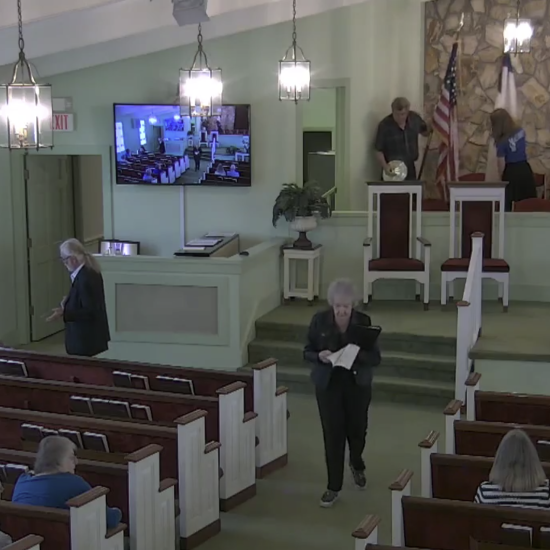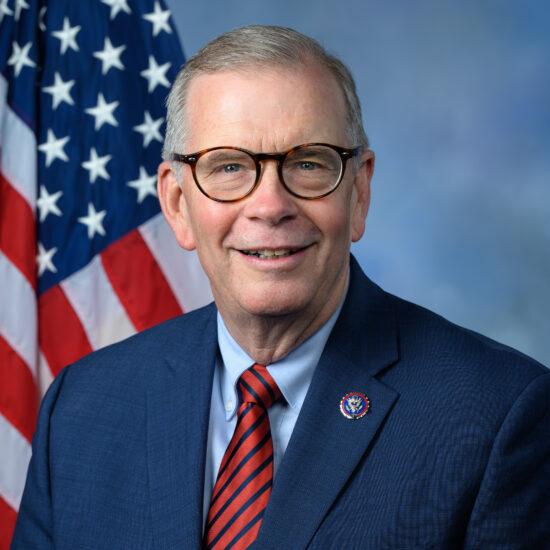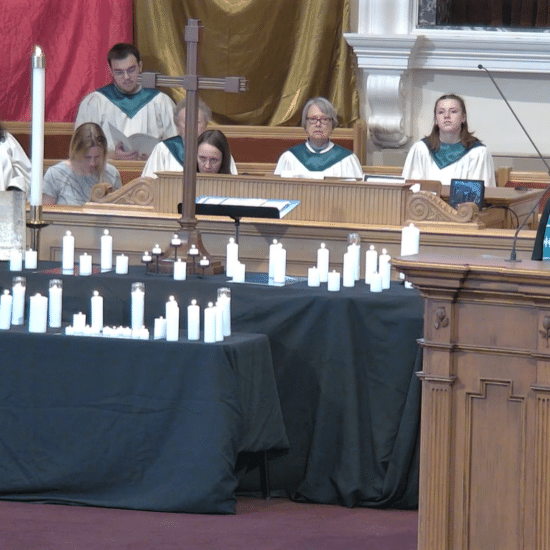WASHINGTON (ABP) — A Baptist church-state specialist voiced concern about a think-tank report urging a new direction for U.S. foreign policy focused on the role religion plays in world affairs.
Writing for the On Faith blog WashingtonPost.com, Brent Walker, executive director of the Baptist Joint Committee for Religious Liberty, agreed with findings of a task force convened by the Chicago Council on Global Affairs that religion is relevant to foreign policy but cautioned it must be handled with care.
Walker, an attorney and ordained Baptist minister, weighed in on a particular question that divided the 32-member task force that presented the 100-page report titled Engaging Religious Communities Abroad: A New Imperative for U.S. Foreign Policy Feb. 23 — whether the constitutionally mandated separation of church and state applies outside of the United States.
"I think it does," Walker wrote.
In the U.S. the Establishment Clause prohibits certain interaction between the government and religion. For example, the government cannot properly fuse religious and government authority, disburse government funds on the basis of religious criteria, show preference for a particular religion or adjudicate theological controversies.
Because the Supreme Court has never ruled on whether the clause applies equally to foreign policy, the task force recognized both "reasonable arguments" that it imposes "significant limits on the conduct of foreign policy" and "equally reasonable arguments" that those limits are relatively narrow or irrelevant.
The report takes the position that the First Amendment prohibition on establishing religion "does not bar the United States from engaging religious communities abroad in the conduct of foreign policy, though it does impose constraints on the means that the United States may choose to pursue this engagement."
Five members of the task force formally dissented from the assertion, claiming than in the absence of any compelling evidence to the contrary "no administration should impose constraints on American foreign policy that are imagined to derive from the Establishment Clause."
The dissenters said applying limits of the Establishment Clause to foreign policy "will inevitably restrict American flexibility" in advancing vital national interests such as counter-terrorism and the promotion of democracy and civil society abroad.
Five other members of the task force responded to the dissent, labeling wholesale exemption of foreign policy from the Establishment Clause "untenable."
"It is beyond question that all branches of the U.S. government must act in accordance with the Constitution when conducting American foreign policy," the responders stated. "There is no reason to believe that the Establishment Clause is an exception to this requirement."
Walker acknowledged there is room to argue the nuances of how to apply the Establishment Clause to foreign affairs and due to technicalities the courts have never ruled definitively on the issue.
"But to suggest that the Establishment Clause can never apply beyond our borders would be an emasculation of that critical pillar of the First Amendment that ensures religious liberty for all Americans and whose underlying principle of governmental neutrality informs a proper understanding of religious liberty abroad," Walker said.
Walker said he agreed with another On Faith commentator, Interfaith Alliance head Welton Gaddy, that religion is relevant to U.S. foreign policy but "must be handled with special care."
Gaddy, who also is preaching pastor at Northminster (Baptist) Church in Monroe, La., said in his article it is important for the government to understand religion's role in different lands, but "seeking to shape, direct, or influence religion's role anywhere is not the business of the United States government."
"Often when government officials think they understand the power of religion in a situation, they also think they can benefit from the power in achieving their particular goals," Gaddy wrote. "Government understanding religion is good. Government attempting to use religion is problematic beyond measure."
-30-
Bob Allen is senior writer for Associated Baptist Press.
Previous story:
Group says U.S. foreign policy hampered by ignorance about religion






